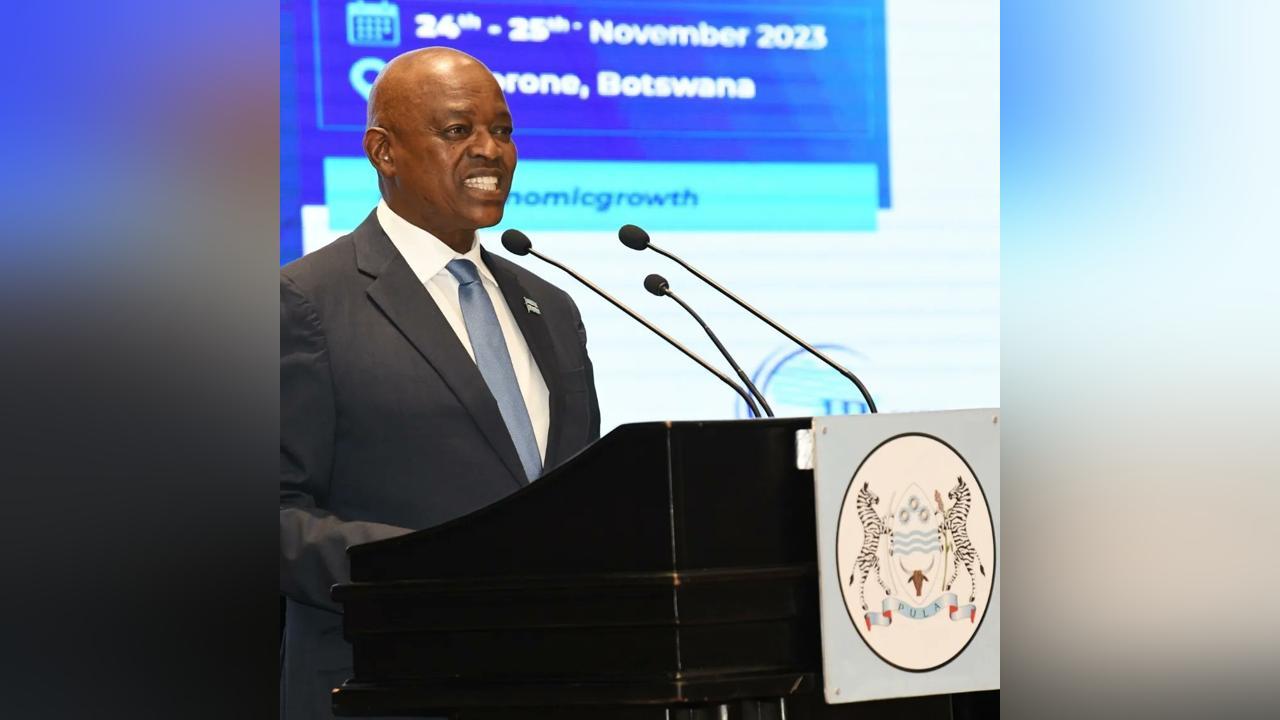Africa-Press – Botswana. Botswana is making significant strides in its commitment to transition from fossil fuels to a sustainable energy mix, as highlighted by the new 100MW Solar PV Plant to be constructed in Jwaneng.
His Excellency President Dr Mokgweetsi Eric Keabetswe Masisi made the announcement during a signing ceremony for the Power Purchase Agreement (PPA) between Botswana Power Corporation (BPC) and the China Harbour Engineering Consortium yesterday.
The agreement entails development, financing, construction, operation and maintenance of the plant, which is expected to be commissioned by end of next year. The consortium will produce and sell power to BPC for 25 years.
“This marks a key milestone in our shift from fossil-based energy supplies to a diversified energy mix that includes both renewable and non-renewable resources,” President Masisi said.
Dr Masisi said, the solar plant, as the second of its kind in Botswana, was poised to play a crucial role in achieving the country’s green energy objectives, notably the reduction of annual carbon dioxide emissions generated by energy production. He outlined that Botswana aims to achieve a 50 per cent renewable energy mix by 2036.
Consequently, he stated that the Revised Integrated Resource Plan adopted in 2022 was intended to increase the contribution of renewable energy by at least 50 per cent by 2030, with room to be further revised.
“To achieve this target, the government has adopted the Revised Integrated Resource Plan in 2022, which aims at fast tracking the contribution of renewable energy from a target of 15 per cent to a revised target of at least 30 per cent, and becoming a net exporter by the year 2030. We will continually revise our Integrated Resource Plan because even at this rate, we would not reach our target of 50 per cent by 2036 if we aim to have 30 per cent by 2030,” said Dr Masisi.
Despite its low levels of greenhouse gas emissions, the President acknowledged that Botswana remained vulnerable to the effects of climate change, underscoring the need for proactive measures to enhance the nation’s resilience.
In its commitment to reduce emissions, President Masisi said the government had made a pledge to reduce total greenhouse emissions by 15 per cent by 2030, as outlined in the Nationally Determined Contributions (NDCs) and further stated that Botswana was making progress in providing affordable and clean energy.
He said the country received a high rate of sunshine annually, making it conducive to radiate solar energy and subsequently achieve renewable energy targets.
Through the National Energy Policy, government aimed to create an energy system that supply modern and reliable services to all sectors, while at the same time reducing emissions from energy generation by 2040, Dr Masisi said and reaffirmed government’s support towards initiatives intended to increase the contribution of solar energy.
“On this basis, government is supporting and facilitating initiatives that increase the development of on grid and off grid solar, in order to increase the contribution of solar energy to the total energy supply mix,” he said.
Dr Masisi said such projects were instrumental in driving the country’s industrialisation plan and transformation from middle to high income economy and also contributed to the decarbonisation of the mining and manufacturing industries.
While he applauded China Harbour Engineering Consortium for effectively securing the tender for the project, he underscored the need for skills and technology transfer to citizens.
For More News And Analysis About Botswana Follow Africa-Press






